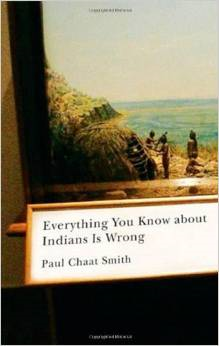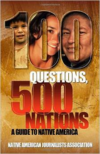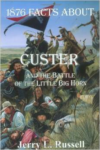Description
In this sweeping work of memoir and commentary| leading cultural critic Paul Chaat Smith illustrates with dry wit and brutal honesty the contradictions of life in “the Indian business.”
Raised in suburban Maryland and Oklahoma| Smith dove head first into the political radicalism of the 1970s| working with the American Indian Movement until it dissolved into dysfunction and infighting.
Afterward he lived in New York| the city of choice for political exiles| and eventually arrived in Washington| D.C.| at the newly minted National Museum of the American Indian (“a bad idea whose time has come”) as a curator.
In his journey from fighting activist to federal employee| Smith tells us he has discovered at least two things: there is no one true representation of the American Indian experience| and even the best of intentions sometimes ends in catastrophe.
“Everything You Know about Indians Is Wrong” is a highly entertaining and| at times| searing critique of the deeply disputed role of American Indians in the United States.
In “A Place Called Irony|” Smith whizzes through his early life| showing us the ironic pop culture signposts that marked this Native American’s coming of age in suburbia: “We would order Chinese food and slap a favorite video into the machine–the Grammy Awards or a Reagan press conference–and argue about Cyndi Lauper or who should coach the Knicks.” In “Lost in Translation|” Smith explores why American Indians are so often misunderstood and misrepresented in today’s media: “We’re lousy television.” In “Every Picture Tells a Story|” Smith remembers his Comanche grandfather as he muses on the images of American Indians as “a half-remembered presence| both comforting and dangerous| lurking just below the surface.”
Smith walks this tightrope between comforting and dangerous| offering unrepentant skepticism and| ultimately| empathy.
“This book is called “Everything You Know about Indians Is Wrong|” but it’s a book title| folks| not to be taken literally.
Of course I don’t mean everything| just most things.
And ‘you’ really means we| as in all of us.”






Reviews
There are no reviews yet.